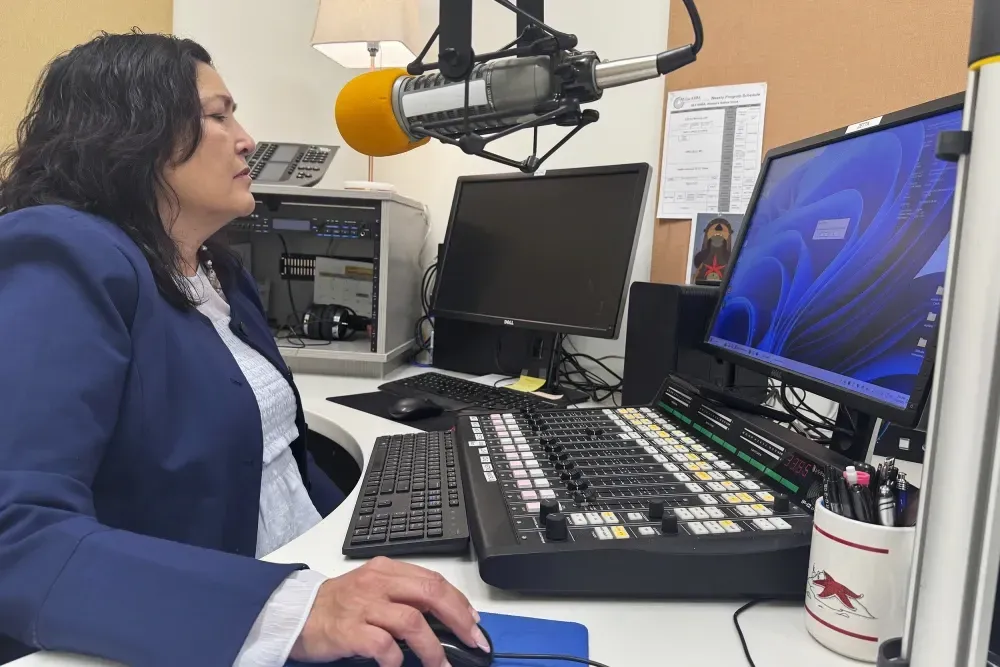
Native American Radio Stations at Risk as Congress Eyes Major Public Broadcasting Cuts
Native American Radio Stations at Risk as Congress Eyes Major Public Broadcasting Cuts
By Cherokee411 Staff
Native American radio stations across the country are facing an uncertain future as Congress considers slashing $1 billion in funding to public broadcasting — a move advocates warn could silence critical voices in tribal communities.
The proposed cuts target the Corporation for Public Broadcasting (CPB), which provides essential support to nearly 60 tribal radio stations serving more than one million Native Americans across rural and reservation lands. These stations often operate on shoestring budgets, offering news, language preservation, emergency alerts, and cultural programming that mainstream outlets do not.
"Native radio is not just about entertainment — it’s a lifeline," said Loris Taylor, president and CEO of Native Public Media, a nonprofit that supports Indigenous radio stations. “This is about tribal sovereignty, access to information, and the health and safety of our communities.”
In many tribal regions where internet and cell service remain unreliable or inaccessible, radio is often the only consistent source of information. Stations like KUYI on the Hopi reservation or KYUK in Bethel, Alaska, broadcast in Indigenous languages and provide hyperlocal news, public health updates, and school closures — content tailored to community needs.
The House Appropriations Committee recently advanced a bill that would eliminate CPB’s funding, citing budgetary concerns. However, critics argue the proposed cuts reflect a disregard for underserved populations that rely on public broadcasting.
“These cuts would devastate tribal stations and widen the information gap for Native communities,” Taylor said.
While the bill has not yet passed both chambers of Congress, tribal broadcasters are mobilizing to defend CPB funding. Many see the threat as part of a broader erosion of support for Native-led media and cultural institutions.
“Losing this funding isn’t just about going off the air,” said Taylor. “It’s about losing our voice.”
